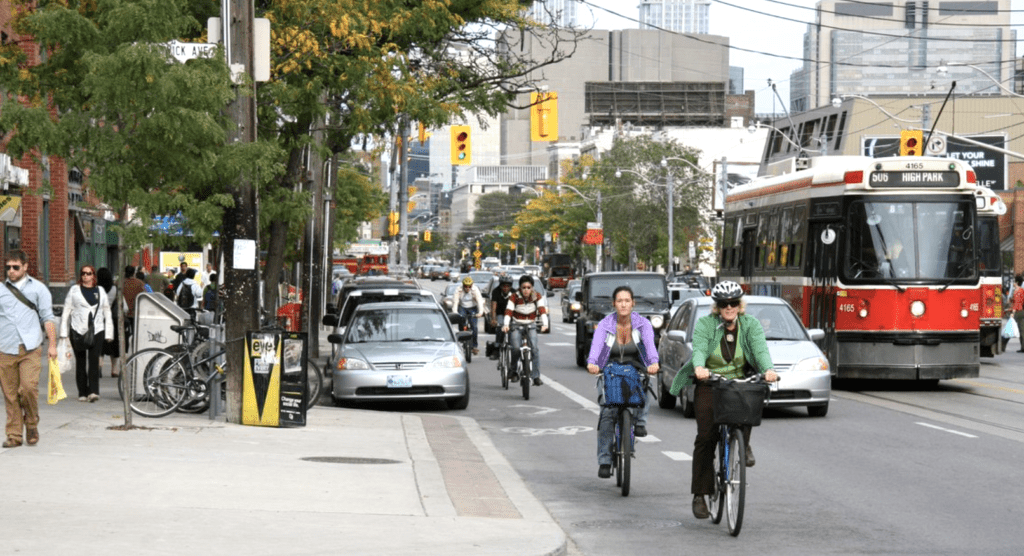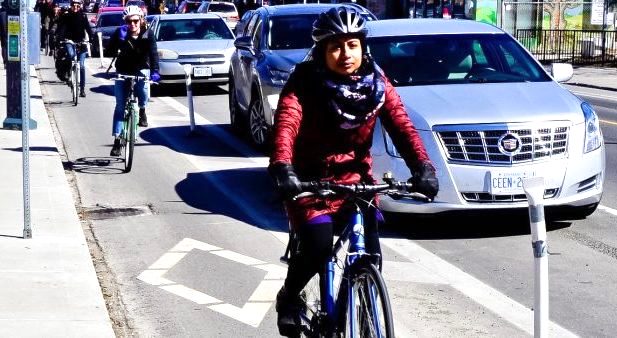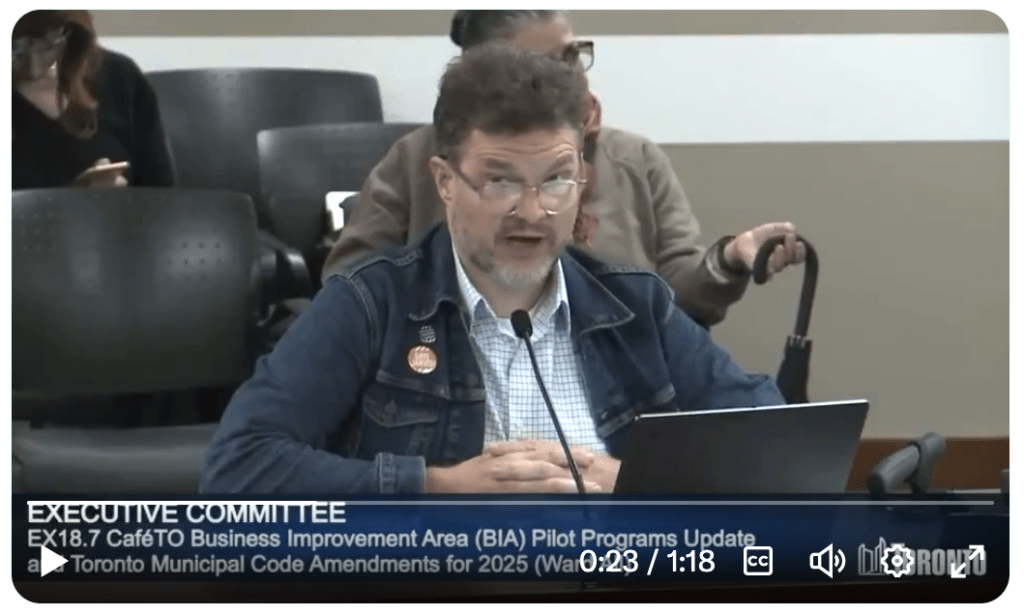November 14, 2024 - Earlier today the City of Toronto released a Respecting Local Democracy and Cities – Supplemental Report: Impact of Bill 212 Bike Lanes that clearly shows massive ridership increases following the installation of cycling infrastructure, eclipsing 600% in some cases, soundly refuting Premier Doug Ford and his Transportation Minister Prabmeet Sarkaria’s claims.

The detailed report outlines the expansive cycling traffic on Bloor St., Yonge St. and University Ave. among others, and demonstrates as expected that riders use cycling facilities when they feel safer. Over the past five years steady increases indicate that “…ridership along these corridors in 2024 has surpassed 750,000 uses to-date.”
The financial impact to remove the bike lanes on Bloor St., Yonge St. and University Ave. as per the Ford government’s Bill 212 are massive as well. The costs to provincial taxpayers is an estimated $75 million that includes $48 million for removal of existing bike lanes, on top of $27 million in lost city expenses to install the existing infrastructure.
Unknown additional costs include the expenses to identify, design, and construct alternative cycling routes on secondary roads that the province suggests would replace the bike lanes that are removed.

In a motion at City Council today, Mayor Olivia Chow, noted that the province’s Bill 212 will roll back Toronto City Council’s decisions and work, at a “tremendous cost to the taxpayer.” The Mayor and City Council voted 21-4 to respect local democracy, in clear opposition to Bill 212.
The city’s report adds, “The removal of existing bike lanes will be a complex project that will be challenging to implement within a short-time period, resulting in increased travel times for drivers due to traffic congestion from the additional construction with likely minimal improvements in travel time once the lanes are removed.”
“Impact to broader public health, environment, and economic benefits of active transportation, limit the City’s ability to achieve the TransformTO target of net zero emissions in Toronto by 2040.”
The report outlines that construction-related road closures is a primary factor contributing to congestion across the city, not bike lanes. Major provincial transit projects such as the Eglinton Crosstown Light Rail Transit (Line 5), Finch West Light Rail Transit (Line 6), and Ontario Line, including the Gardiner Expressway reconstruction, are key factors causing traffic congestion.

As well, the impact on safety will be significant if the bike lanes are removed as many people in Toronto rely on cycling as an essential mode of travel, including in areas of the city currently underserved by safe cycling and pedestrian infrastructure.
“In the past ten years (2015 – 2024 to-date), 28 people have been killed and 380 people have been seriously injured while cycling in the City of Toronto. 68% of these collisions took place on streets without safe cycling accommodations,” reads the report.
Cycle Toronto and many other cycling advocacy groups, along with countless MPPs, the Ontario Professional Planners Institute, the Ontario Traffic Council, 120 physicians and researchers from the University of Toronto, CEOs of Sick Kids and Mount Sinai, the Bloor Annex BIA, the Association of Municipalities of Ontario (AMO) representing all 444 municipalities in the province, and more have lined up against the significant overreach and negative impacts of Bill 212.
Read the City of Toronto Report here – h/t to Matt Elliott (@GraphicMatt) for his City Hall reporting
















